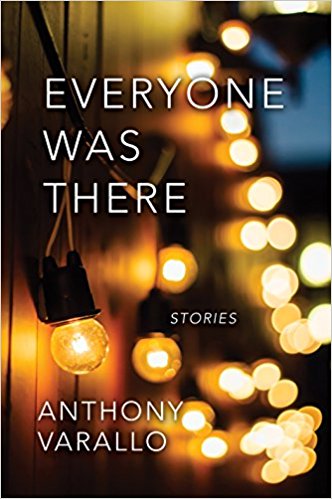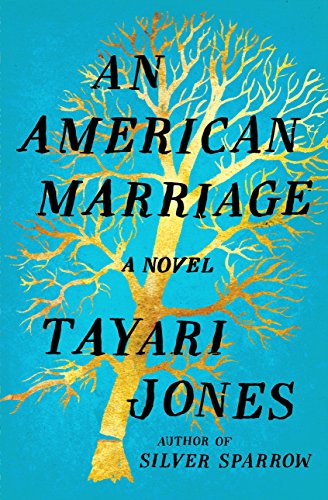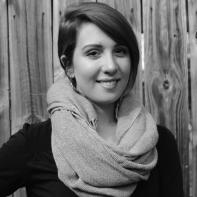 Today we are pleased to feature artist Louise Fisher as our Authors Talk series contributor. In this podcast, Louise discusses the creation of her video performance “A Letter I Long and Dread to Close,” as well as her own artistic journey.
Today we are pleased to feature artist Louise Fisher as our Authors Talk series contributor. In this podcast, Louise discusses the creation of her video performance “A Letter I Long and Dread to Close,” as well as her own artistic journey.
Louise begins by describing her childhood in rural Iowa, where, as she states, “the tallgrass prairie was my first art teacher.” Eventually, she declares, “my curiosity and ambition drove me… to find a community who could relate to my strange creative impulse.” In search of this creative community, she is currently pursuing her MFA in printmaking from Arizona State University, where she says that “my work is very tied to the experience of ‘place.'” Speaking on the concept of “place,” she states that, “I knew a desert metropolis was the complete opposite of my upbringing, so I wanted to challenge myself and see how my work would change.”
“A Letter I Long and Dread to Close” is, in Louise’s words, “a perfect example of…this concern with the past and the process of deterioration.” Inspired by a poem titled “Toward the Solstice,” by Adrienne Rich, the video was “informed by an interest in domestic history, and how our lived spaces can hold impressions of inhabitants.” It was filmed in a house that Louise’s mother “grew up playing in, standing next to the house that I grew up in,” and was a “site-specific response” to how “aspects of the home are often ignored” in historical narratives. In filming the video, Louise states that her first impulse was to “peel the wallpaper away and investigate what was there; to see how deep the time went, like an archaeological dig.”
You can watch Louise’s video, “A Letter I Long and Dread to Close,” in Issue 19 of Superstition Review.
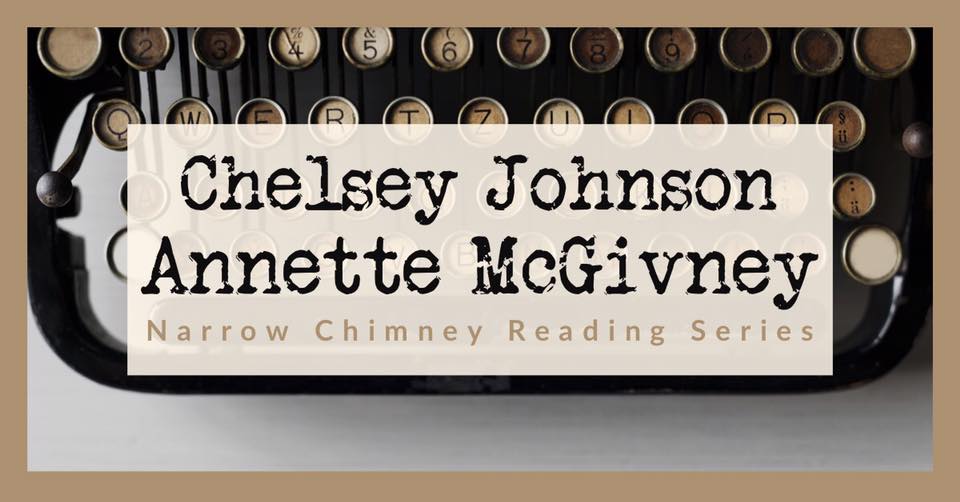
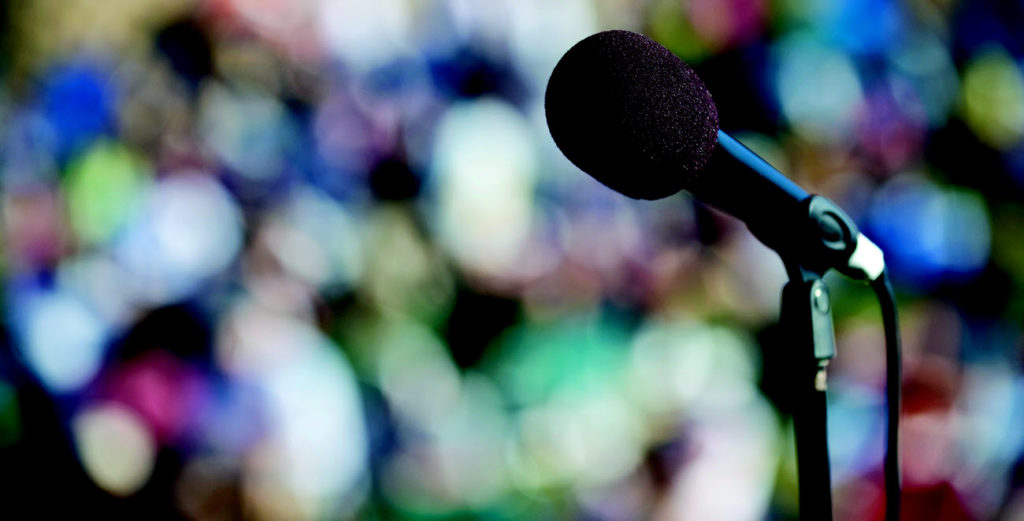
 Today we are pleased to feature artist Louise Fisher as our Authors Talk series contributor. In this podcast, Louise discusses the creation of her video performance “A Letter I Long and Dread to Close,” as well as her own artistic journey.
Today we are pleased to feature artist Louise Fisher as our Authors Talk series contributor. In this podcast, Louise discusses the creation of her video performance “A Letter I Long and Dread to Close,” as well as her own artistic journey.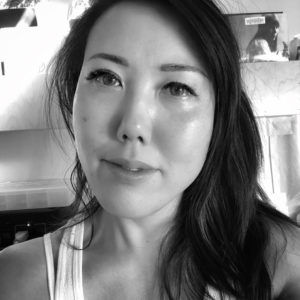 Poet Expend Yourself
Poet Expend Yourself 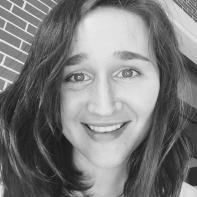 Today we are pleased to feature author Alaina Symanovich as our Authors Talk series contributor. Alaina reflects on a question posed to her by one of her students: how can one’s writing be gloomy and melancholy while they’re usually the happiest person in a room?
Today we are pleased to feature author Alaina Symanovich as our Authors Talk series contributor. Alaina reflects on a question posed to her by one of her students: how can one’s writing be gloomy and melancholy while they’re usually the happiest person in a room?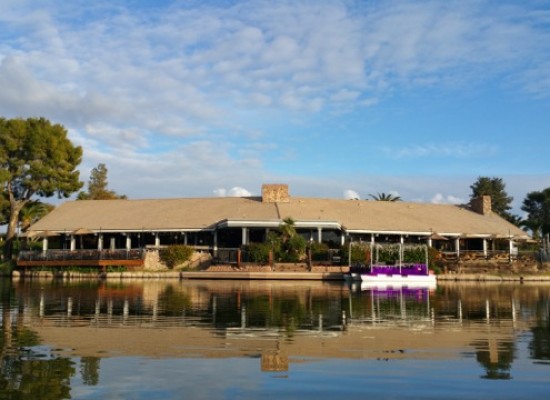 The next installment of the series will take place on November 7 from 7:30pm to 8:30pm, though you can come earlier to mingle, drink, and eat. You can find The Watershed at 5350 S Lakeshore Dr, Tempe, Arizona 85283.
The next installment of the series will take place on November 7 from 7:30pm to 8:30pm, though you can come earlier to mingle, drink, and eat. You can find The Watershed at 5350 S Lakeshore Dr, Tempe, Arizona 85283.